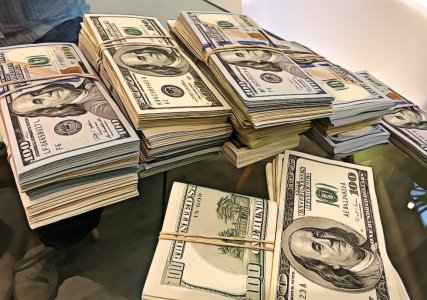I am new to this forum. I have been coming to Argentina a few times over the past few years. I did not come for a few years during covid lockdown. I sold my house in the US and looking to move somewhere to retire. I don't need too much room but I am shocked to learn that property owners here almost all want cash. When I heard cash before I didn't think they actually meant actual $1`00 USD bills!
That seems crazy to me! I asked my Porteño friends and they told me this is all normal. This can't be normal? They all say they carried cash to closing underneath their clothes or in a backpack. Crazy crazy to me.
My realtor told me that the seller gets to choose the location for the closing and I'm responsible to bring cash there. They say this is all normal. Can the seller really demand cash? Also, on the property that I like, the seller will only sell it if I declare a fake price that is about 65% of the true sales price. My realtor also said this is normal. This can't be normal is it? I am feeling a bit overwhelmed if this is true.
That seems crazy to me! I asked my Porteño friends and they told me this is all normal. This can't be normal? They all say they carried cash to closing underneath their clothes or in a backpack. Crazy crazy to me.
My realtor told me that the seller gets to choose the location for the closing and I'm responsible to bring cash there. They say this is all normal. Can the seller really demand cash? Also, on the property that I like, the seller will only sell it if I declare a fake price that is about 65% of the true sales price. My realtor also said this is normal. This can't be normal is it? I am feeling a bit overwhelmed if this is true.




